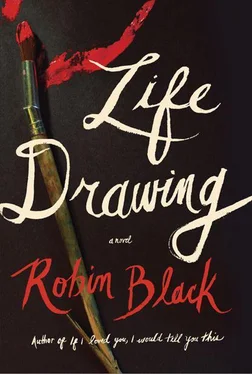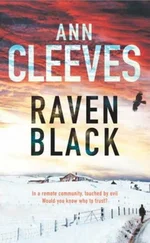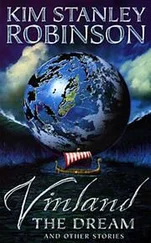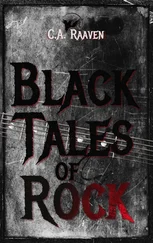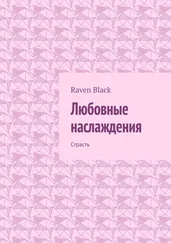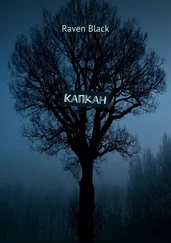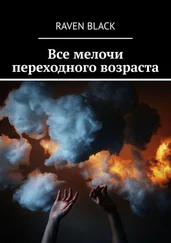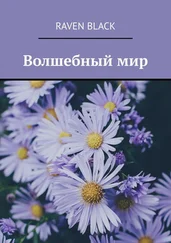And then we talked about the house. Our house. About a shingle that had come loose over the past couple of days, flying onto the snow where it lay, a strangely regular black square in an otherwise wild landscape. And we finished our beers. And he said he was heading out to the barn and I said I would work for a bit and he touched me on my shoulder as he left.
Iheard the car, then saw it, but didn’t recognize it until Paul got out. I couldn’t think why he was there, parked in our drive, but I felt immediate fear. He left the door open and went straight for the barn, his body taut with intent. I grabbed my cell and called 911 as I ran outside. “There’s an intruder, an attacker,” I said. “Send someone quick.”
But when I got to the barn, Owen was already down, blood flowing from his head onto the stone floor; and Paul was kicking him. “Don’t you ever fuck with my daughter again. Don’t you ever fuck with my daughter again.” He said it over and over. I ran toward them, tried to stop him, but I was a fly, a flea he swatted away almost casually, though with a force that landed me hard on the floor. I tried again, and again hit the floor.
“Don’t you ever fuck with my daughter again.”
“Stop it! Stop it! For God’s sake!”
Finally I heard sirens and I screamed, “Stop it! The police are here! Stop it!” But Paul didn’t stop until they were practically in our yard. “Well, I guess you learned a lesson,” he said, walking out of the barn, directly into the oncoming officers.
By then, I was next to Owen, on him, beseeching the heavens to let him be all right, though in my heart I already knew. There was too much blood, the back of his skull shattered, his eyes emptied. An ambulance came, but there was nothing to be done except make it official and then try to calm me down.

Owen was Owen. Owen was me. I was Owen. And then Owen was gone.
Owen is gone.
I remember blood and I remember snow. To those I can attest. The rest I believe, but do not remember. Not with any precision. Of course. It is a story. It is the story I tell — mostly to myself. But also to my father, who lives on and even at times emerges from his haze, like a bashful planet that has been hiding behind its own clouds.
For about two months after Owen’s death, I didn’t visit my father. I barely left the house at all. But then I began to go see him several times a week, sometimes many days in a row. Jan, who had taken to calling me daily, thought it was unhealthy for me to be with him so much, but I found it soothing in a way.
And no one was much in the mood to tell me what to do. For those first two months it had been unimaginable that I would ever want to do anything again. I only stared and stared out that window. And I walked around the pond — seven times, fourteen times, twenty-one times. I wept fountains. I stopped painting. For whom would I paint? I barely even ate.
And I might have disappeared entirely (I can still easily imagine that, imagine myself just fading out of existence) except for Laine, who would not let me go. She came to stay with me in the spring, barging into my life — her word — setting herself up in the room down the hall; and she — her word again —mothered me. And slowly I began to live. “It’s only what you did for me,” she would say whenever I sputtered my thanks. “What goes around comes around.”
She didn’t ask me many questions, which was just as well as I could never have told Bill’s daughter the whole story. And maybe that was part of why I needed my father’s company, the one person in the world to whom I could, finally, finally, talk about anything.
So now, I tell him my stories.
I tell him this story of how Owen died. The way I couldn’t close my eyes for weeks without seeing the black, bloodstained stone. How I clung to him, until they pulled me by my shoulders and held me back. How I screamed as they carried him away; and then for hours more; and then for days. And I tell him about the yellow crime scene tape left across the barn for so long, how the color of it became a thing of fear for me — for me, a painter who until that day had loved every imaginable hue.
I tell him too about the summer day when I finally reentered the barn, Laine by my side, to look for the work he had been doing, but found nothing there. No files I could identify as significant. No great project. Just the same starts and stops I had known about before. Or, sometimes, when I want it to be a happier story, I tell him about the stunning manuscript I found out in the barn. In one version it’s a book about a man whose heart has been broken; in another, a man who has fallen in love; or a man who strikes out on his own to climb a mountain and begins to see God around him, everywhere.
I can tell my father anything.
I tell him, only him, about the email Bill sent, formal in its composition, tender at its heart. I’m so sorry to hear this. If there’s ever anything I can do … And about poor Lillian and Wolf, about the calls I still get from them, and the ones that I make, calls in which we each remember for a time that the other is suffering too, in which we all reach out beyond ourselves.
And on my darkest days, I tell him the story of the neighbor I let myself love and how, months after Owen’s death, she came asking me to forgive her daughter, pleading that the girl had been punished disproportionately for what she had done. That she shouldn’t have to carry the weight of her father’s crime on her back for all her life. And in one version of the story I forgive them both, explaining to the child that we’re none of us so innocent, that we all had a hand in what happened, that her sins, for all they resulted in tragedy, were everyday, collaborative ones.
But in another version I only shout at the mother until she becomes frightened and drives away in that reckless, wreck-risking way of hers; then I stand outside my house, just where I met her, wondering if I have become entirely empty inside, a void and nothing more, so much of me spilled out it seems impossible that anything is left.
On better days, I tell my father how Laine convinced me to paint again, to finish the pictures of the boys, so on Armistice Day that year, all the local families came to see. I tell him how very hard I worked to find a balance, depicting the soldiers not as saints but also not as ordinary boys, how I had labored to convey that death does not bestow upon its hosts perfection, yet does, must, elevate them above our muck and our worry and our pain. And sometimes when I tell this story, I say I painted my mother and Charlotte among the boys, that these are the pictures of all of the ones we loved and still love, the ones who haunt our homes.
And when the paintings were complete, I tell him, the families gone, Laine helped me crumple the newspapers again and return them to the walls, she and I working late into the night, swinging mallets and hammers, shattering tile, stuffing the paper into gaps; then discovering when we awoke that the wall had rebuilt itself, the tile adhered itself, the mess swept itself away.
But my father’s favorite stories, I am sure, are the ones in which Owen does not die, in which I do not awaken every morning looking for him in our bed, finding only emptiness. The police have come in time. Or Nora has never told her father what happened between us all. Or Alison has not revealed my secrets to her daughter. Or she doesn’t lease the house next door. Or she does, but she’s aloof. Or she befriends us, but not in so very intimate a way. Or I never did betray Owen’s faith in my loyalty to him.
Читать дальше
